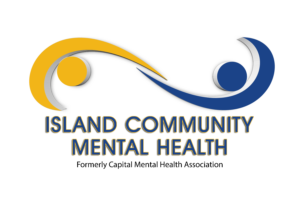Family Stress In Infancy Linked to Anxiety in Teen Girls
 High levels of family stress during infancy are associated with future anxiety and everyday brain function problems in teen girls, according to a new study at the University of Wisconsin-Madison.
High levels of family stress during infancy are associated with future anxiety and everyday brain function problems in teen girls, according to a new study at the University of Wisconsin-Madison.
Babies who lived with stressed mothers were more likely to become preschoolers with higher levels of cortisol, a stress hormone. Fourteen years later, these girls with higher cortisol showed weaker communication between brain areas associated with emotion regulation.
Finally, both high cortisol and differences in brain activity predicted higher levels of anxiety at age 18.
The males in the study did not show any of these patterns.
“We wanted to understand how stress early in life impacts patterns of brain development which might lead to anxiety and depression,” said Dr. Cory Burghy of the Waisman Laboratory for Brain Imaging and Behavior.
“Young girls who, as preschoolers, had heightened cortisol levels, go on to show lower brain connectivity in important neural pathways for emotion regulation — and that predicts symptoms of anxiety during adolescence,” said Burghy.
For the study, scans designed by Dr. Rasmus Birn, assistant professor of psychiatry, showed that teen girls whose mothers reported high levels of family stress when the girls were babies had weaker connections between the amygdala (threat center of the brain) and the ventromedial prefrontal cortex (responsible for emotional regulation). To continue reading, click here.






